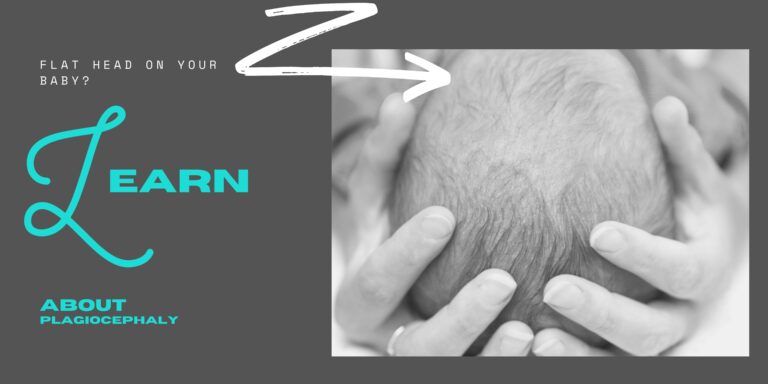- Daylight-saving time in Melbourne will begin on Sunday, 4th October at 2am.
- This Sunday, most phones and computers will automatically jump an hour forward and we’ll lose an hour of sleep.
- The interruption can kill people: Incidents of heart attacks, strokes, and fatal car accidents all spike around the start of daylight-saving time each year.
We push the clocks forward every spring to “gain†an hour of evening light. The annual ritual in which we “gain” an hour of evening light by pushing the clocks forward may seem like a harmless shift. But each year on the Monday after the springtime switch, hospitals report a 24% spike in heart-attack visits around the US.
Just a coincidence? Probably not. Doctors see the opposite trend in the autumn: The day after we turn back the clocks, heart attack visits drop 21% as people enjoy a little extra pillow time.
In more recent papers, researchers have found a change from daylight saving lasting for up to 2 weeks. “Several studies have shown your risk of having a heart attack (myocardial infarction) and stroke increases in the two weeks after the changeover, compared with the two weeks before. The risk is highest in the first three weekdays following the switchover. Researchers suspect the link is because an hour of sleep loss increases stress and provides less time to recover overnight.†(ABC)
We are not talking about an all-nighter here we are talking about 1 hour. “That’s how fragile and susceptible your body is to even just one hour of lost sleep,” sleep expert Matthew Walker, author of “ Why We Sleep,” states. The good news is the increased risk of a heart attack only lasts two weeks with the highest risk on the Monday after. After that, our biological clock synchronises to the new time.
What is also intriguing “when it comes to the increased risk of heart attack, women are generally more sensitive to the spring transition to daylight saving time, while men are more sensitive to the autumn transition from daylight saving time. The reasons are unclear but it could be related to the roles sex-specific hormones play in the adjustment.â€
Sleep is so important and we need to make it a priority in our lives.



